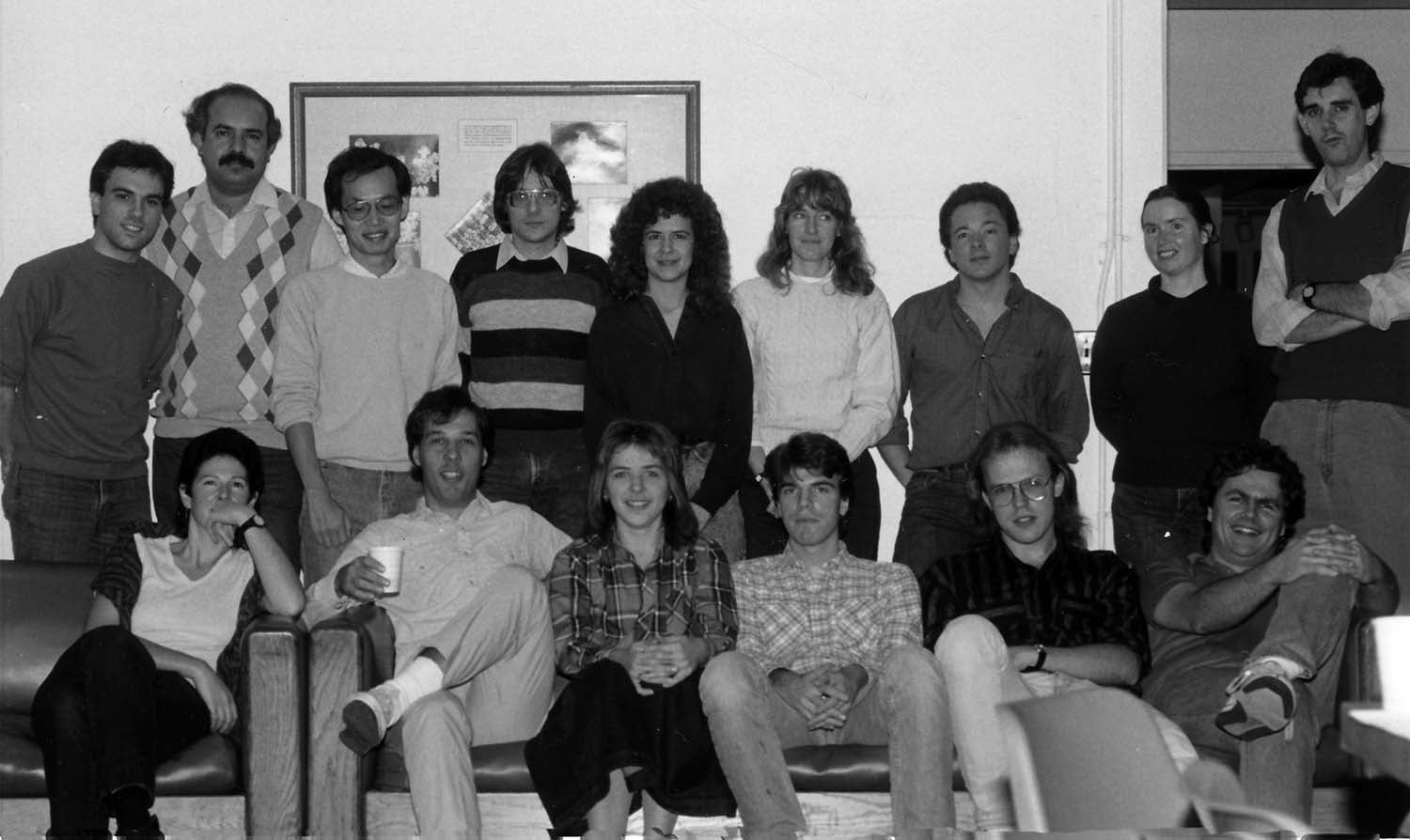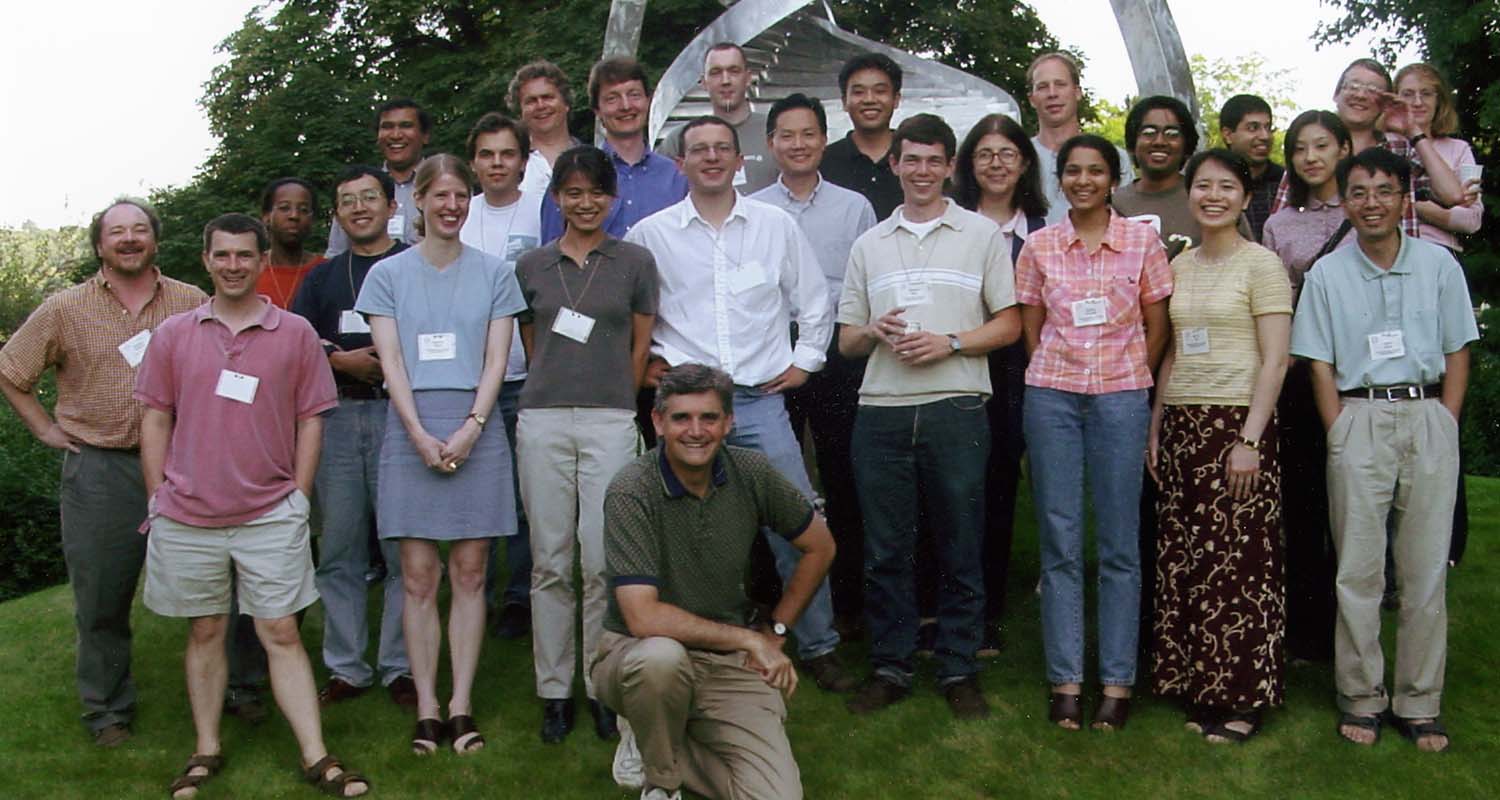This spring, I was pleasantly surprised by the news that I would be honored with the 2019 Canada Gairdner International Award, together with John Diffley, for our research on eukaryotic cell DNA replication. The Gairdner Foundation’s announcement describes our work:
By describing the exact sequence of events involved in DNA replication, Stillman and Diffley have provided key insights into how our genome is duplicated and how this process is coordinated with many other essential cellular events, which has implications for understanding genome instability and tumour heterogeneity in cancer.

Diffley, a former postdoc with me at CSHL, is Associate Research Director at the Francis Crick Institute in London. I am proud of the accomplishments of all my students and postdocs—including, John—and pleased that the field of DNA replication was recognized by this award. It is a testament to the value of discovery science. Our current knowledge of DNA and the genome positions us to look forward in great anticipation of life-changing breakthroughs that will improve the human condition.

Standing at the doors of the newly renovated Demerec Laboratory building is also a proud moment for me as a scientist and administrator. My lab was first located in this building that has been home to many great scientists including former Director John Cairns and Nobelists Al Hershey, Barbara McClintock and Rich Roberts. Now, the scientists in the Demerec Lab start a new program on how nutrition and obesity promote cancer and how cancer affects whole-body physiology, including metabolism, organ function—even sleep.
There are many grand challenges we face as a society today, and discovery research is fundamental to addressing them all. In this issue, you will be inspired by our plant biologists, whose research is critical to ensuring that agricultural systems can adapt to the changing global environment and population growth. We highlight the collaborative research of Doreen Ware, a U.S. Department of Agriculture scientist and Adjunct Associate Professor.
You will also meet a new crop of biologists, the 2019 CSHL doctoral degree recipients. I’m extremely proud of our 20-year-old program that has accelerated the time to a Ph.D. degree. It has produced 110 Ph.D.s—the next scientific leaders who contribute in many different ways to benefit society.
Discovery research and innovative scientists have always been the bedrock of CSHL. As we look into the future, we have much cause for optimism.
— Bruce Stillman
“President’s message”
Harbor Transcript, Volume 39, Issue 1, 2019

